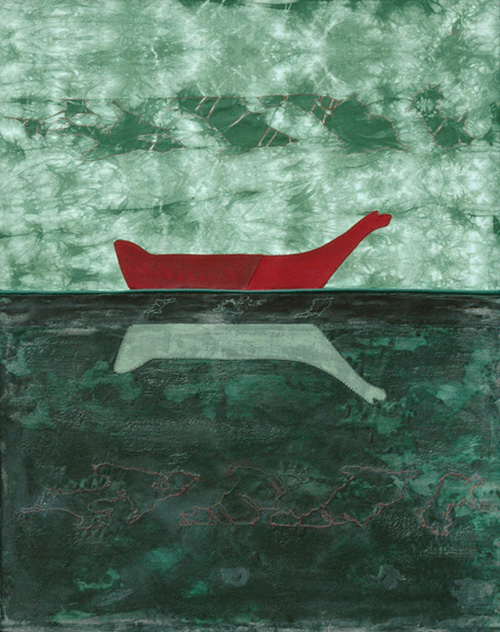Controversies = Look Again
/Ghost Hunt. Reardon (c) 2009.
Proposed Whale Hunt
Things have changed. Human actions create threats to the planet. New ways arise to counter threats, challenging old ways. Controversies create new patterns, third parties pile on, side issues get mixed in. Proposed whaling by the Makah tribe, located at the tip of the Olympic Peninsula, highlights this repeating pattern and inspired my images of their iconic cedar canoes.
The Makah tribe has applied for an exemption from the Marine Mammal Protection Act to hunt gray whales, following their long history of whale hunting. The process goes through the Fisheries Department of NOAA and requires an environmental impact statement (EIS).
Permit Processes
A 2008 draft EIS was restarted when new research by Jim Darling & Tim Frasier found that there is a Pacific Coast Feeding Group of 200 seasonal residents that is genetically distinct from the larger population of 20,000 to 26,000 that goes by, migrating north.
It may be that tribal knowledge has always known this and is clear which group they wish to hunt from. Or not. At the moment, the environmental impact of killing four of 200 whales is clearly different then four of 20,000. And, as other population data on recovery of whales underlines, protecting female whales in their productive years is critical.
Statements about the new EIS paperwork, predicted to be out by fall 2014, have not been seen by me or John Calambokidis* of Cascadia Research.
Look Again
So here’s what might be considered the silver lining of controversy and slow paperwork. We all look again at what is actually happening. We all get more curious about both the whales and about the Makah culture.
Attention to gray whale groups will show us more about their genetics, timing of appearance, and distance from shore. Recent data now confirms a third group that seasonally migrates to inland waters (Calambokidis, 2015).
Whale Watch. Reardon (c) 2009
Attention to creating new ways of honoring the Makah cultural heritage supports the tribe, as when they created a community gathering to mark the anniversary of their last 1999 whale hunt. I’m aware I’ve not included attention to their very rich art traditions here but will in the future; teachers sharing tribal knowledge helps children understand the background of the controversy.
Of course, given the tendency for bureaucracies and corporations to bulldoze and bury small local communities, those supporting the Makah’s may see all this as simply a way to stall and stonewall. My own view is tempered by the fact that the EIS process, slow, flawed, and co-opted as it may be, is one of our current tools for attending to the health of our environment.
_____
*Personal communication



